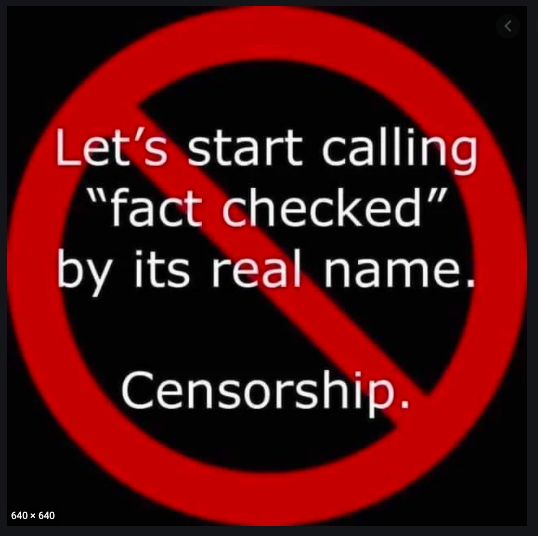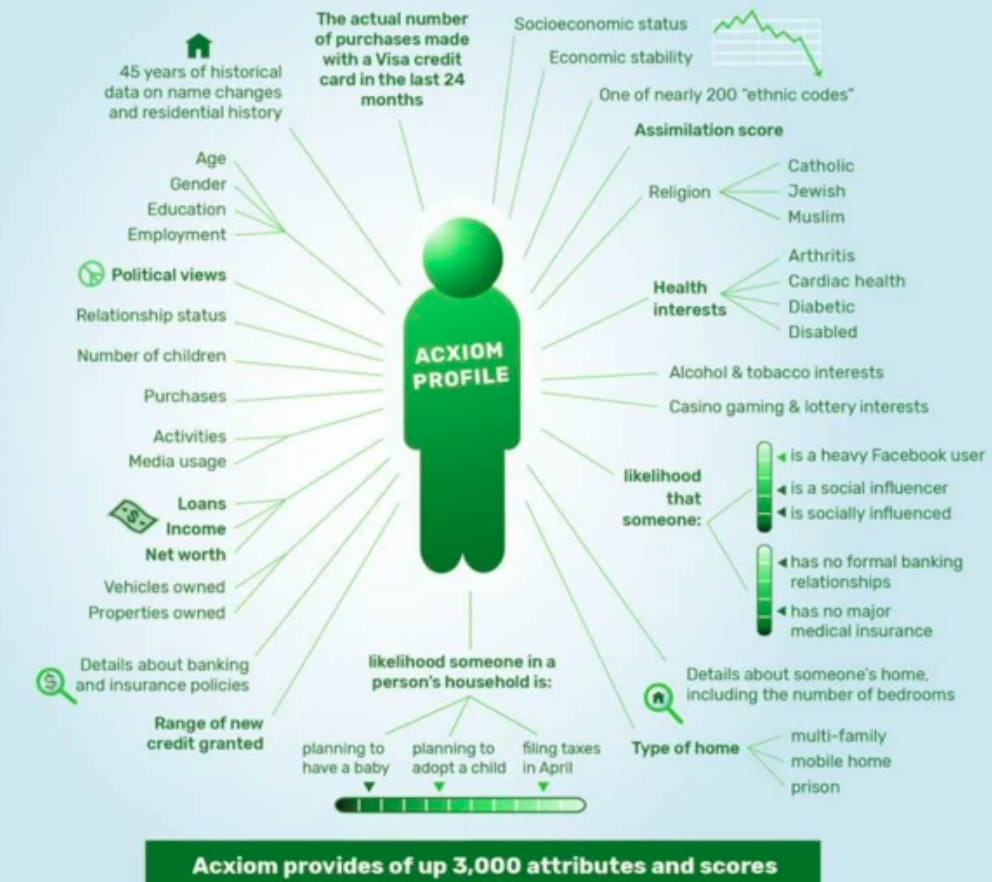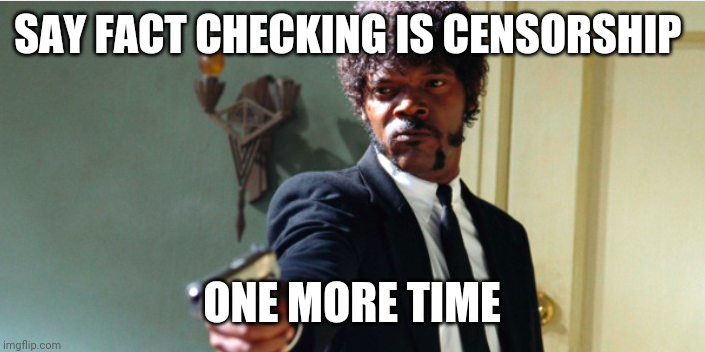The Ministry of Truth in present-day China has successfully persuaded a very large part of the Chinese public that the heroes of Tiananmen Square were actually villains bent on the destruction of the nation. This is the final victory of the censor: When people, even people who know they are routinely lied to, cease to be able to imagine what is really the case.
Salman Rushdie, May 2012

The above graphic showed up in my social media feed and immediately all I could think was, “I hate meme culture.”
But I don’t really. Memes are fast food, pop music, pulp fiction, summer romances, costume jewelry. Memes are the digital bumper stickers of the internet letting people know that your car is a mountain climber, your kid is an honor student, you have a baby on board and you voted for the loser in the last election, but you’re fine with that. Memes are meant to be funny, insightful, light-hearted and forgetful.
This meme, however, is personal. It feels different because it’s not any of the things I described memes as being. It represents instead, an attack not just on my profession as a librarian, but my entire field as an educator and worst of all, the very foundation of what we call “Western” civilization. Fact-checking is the basis for the scientific method and is at the root of such wise old adages as, “Measure twice, cut once”, “look before you leap” and “fool me once shame on you. Fool me twice, shame on me”. The last aphorism was famously flubbed by former President GW Bush during a live speech because he hadn’t fact-checked the saying.
In today’s socially targeted, media-rich world, fact-checking has become the work of the audience, the consumer. It is not enough to sit passively by and simply accept whatever shows up on your screen, especially if you are on.a social media platform. As we learn more about how these platforms collect, aggregate and employ data points about us, we must also become better educated about the shape, depth and strength of the “information” or filter bubble around us.
Students no longer face the same obstacles of scarcity of resources or access to those resources that past generations dealt with. Instead, they are drowning in misinformation, disinformation and the echo chamber effect that the technology we all use inevitably creates. It gets worse when you mix in politics, religious beliefs and other issues that may be sensitive or controversial, but that we have strong feelings about. This is called bias, and it builds up slowly over time, like plaque or sediment, covering the original and changing the shape and color of the thing, until you can hardly recognize it at all.
The people who are posting the meme above are angered and annoyed that some of their other posts are being blocked or removed. They are not satisfied with the explanation they receive that their posts have been found to be false, misleading or violate some other community standard. Instead, they believe they are being “censored”. What is really happening (IMO) is that we are seeing our freedoms clash with our changing technological realities. More and more I hear people discussing the idea of “freedom of speech” vs. “freedom of reach”, which I hadn’t heard prior to the advent of online social networking.
I agree that we should be having serious discussions about who controls what. But this is a conversation that academics and leaders in technology have been having and warning the general public about for years. My first encounter with these dangers was reading about the FBI e-mail “sniffing” program called Carnivore back in 2000, so Eric Snowden’s revelations hardly surprised me … and they hardly moved the public either. I can read about both on multiple platforms, cross check the stories and even write about them (as I am doing here) to warn everyone that ALL YOUR INFORMATION IS BEING COLLECTED AND SOLD.

But that is not the same thing as censorship.
What’s wrong with meme culture is that it’s superficial and meant for throwaway ideas, not serious discussions like what is at stake for us all going forward. If you’d like to read what author Salman Rushdie (who had a fatwa placed on him for his writings … like a personal wanted poster and censorship warning) I include a link to his 2012 New Yorker essay On Censorship. If you’d like to read more about the Carnivore program, including discussions on the dangers to our Constitutional rights such programs posed twenty years ago, I include links to those as well.
- Independent Technical Review of the Carnivore System Final Report
- A Constitutional Critique of Carnivore, Federal Law Enforcement’s Newest Electronic Surveillance Strategy
- Will Carnivore Devour the Fourth? An Exploration of the Constitutionality of the FBI Created Software
- How Stuff Works: Carnivore
- DCS-3000 is the FBI’s new Carnivore
If you’re just here for the memes:

Have a great day and stay safe.
Copyright © henry toromoreno, 2021. All rights reserved.
